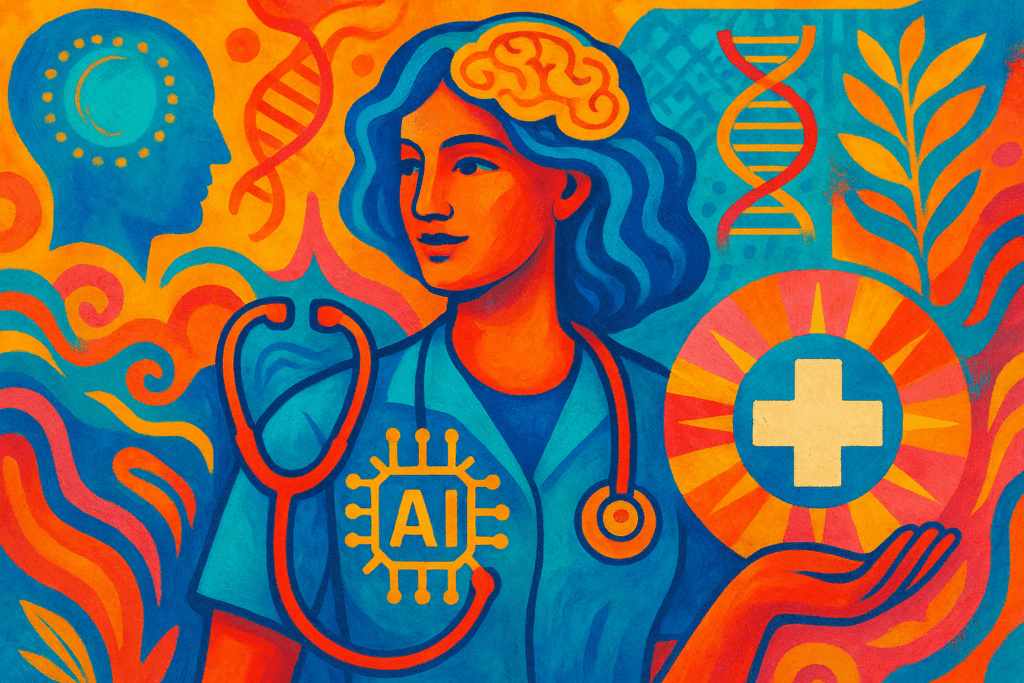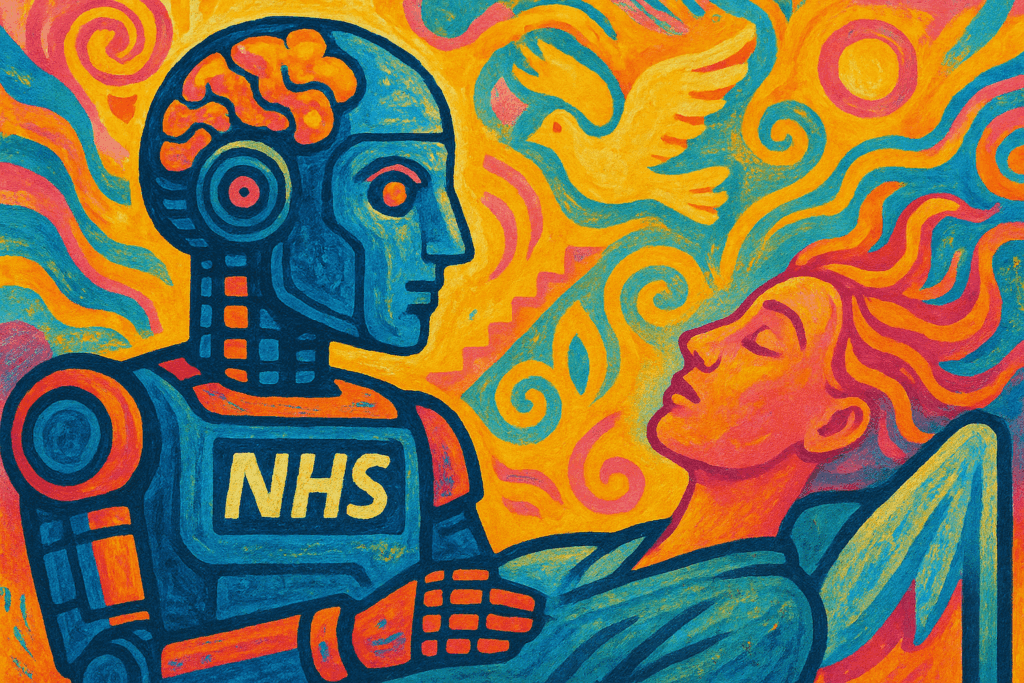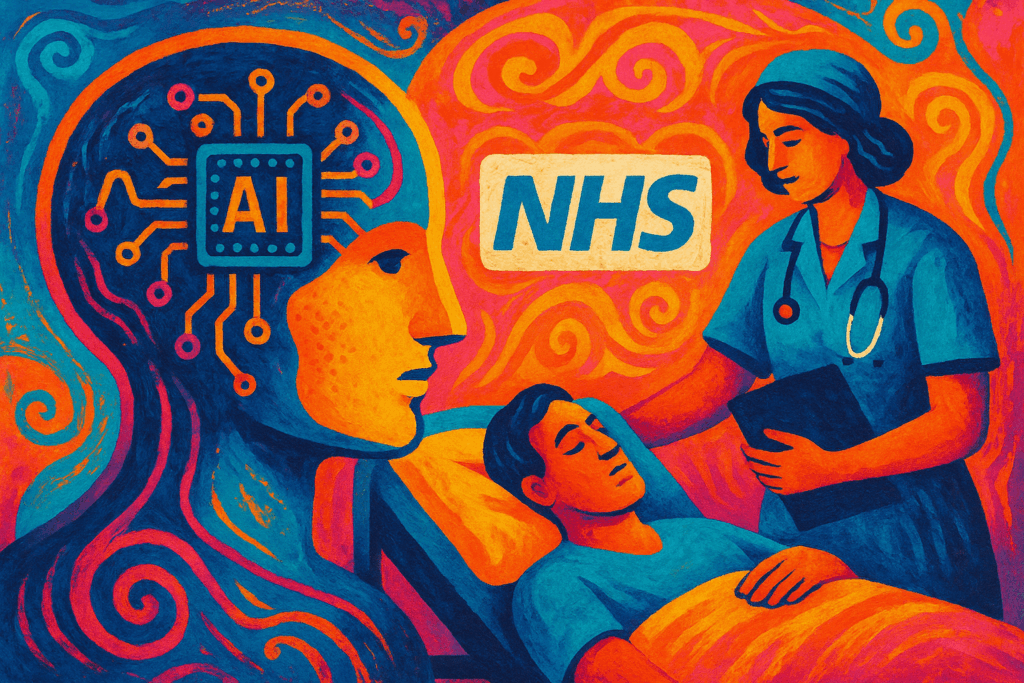AI’s Growing Footprint in Healthcare
Artificial intelligence has established a meaningful presence in the healthcare industry, moving beyond theoretical potential to delivering real-world results. Across hospitals, clinics, and research institutions, AI-powered tools are assisting professionals by analyzing large datasets, spotting patterns, and making predictions that enhance medical outcomes. As the technology matures, healthcare providers are adopting AI to support decision-making, streamline operations, and improve patient care workflows.
Precision and Efficiency: Where AI Excels
One of AI’s most notable contributions is in medical diagnostics. Algorithms now help interpret imaging scans faster and with high accuracy, aiding early disease detection such as in oncology and cardiology. This not only reduces diagnostic errors but also accelerates treatment initiation, improving patient prognosis. Furthermore, AI enables personalized treatment by analyzing individual genetic information and health data, allowing therapies to be tailored for effectiveness and minimized side effects. These applications benefit both patients, who receive more targeted care, and providers, who can optimize resource use and focus on complex clinical decisions.
Navigating the Future: Key Considerations
While AI presents significant opportunities, its integration into healthcare systems faces challenges. Data privacy remains a primary concern, as sensitive health information must be protected against breaches and misuse. Additionally, biases embedded in training datasets can lead to unequal care outcomes, raising ethical questions that require attention. The collaboration between AI systems and healthcare professionals is vital; technology is designed to augment—not replace—human expertise. Regulatory frameworks continue to evolve, aiming to balance innovation with safety and accountability.
The Road Ahead for AI in Medicine
The coming years will likely see deeper integration of AI across various medical domains, driven by continuous innovation and increased data availability. Advances in natural language processing and machine learning promise smarter clinical support tools that adapt to changing healthcare environments. Investment in robust governance and inclusive dataset development will be key to addressing current limitations. For healthcare stakeholders, staying informed on these trends will be essential as AI becomes an ever more integral part of medicine’s future.




